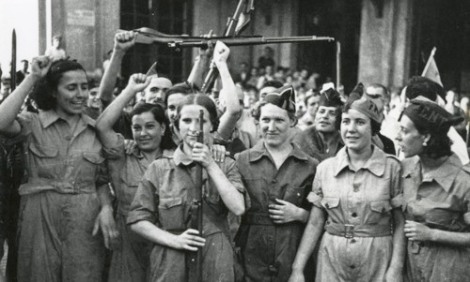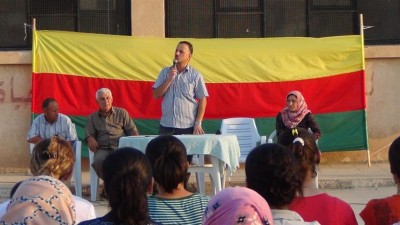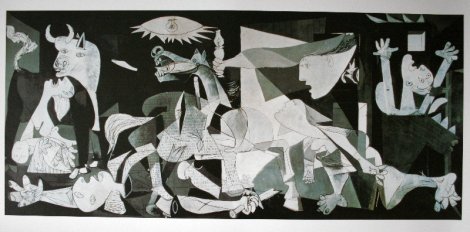THIS is not a historical or theoretical piece. It’s about a massacre of around 100 protesters in Turkey, including members of the Turkish anarchist movement. For some background, see my earlier post about the Turkish airforce bombing Kurdish targets with the tacit support of the USA and NATO, while pretending to go after ISIS (the article in the Guardian quoted below refers to Turkey’s so-called “synchronised” bombing campaign against ISIS and the PKK; in reality, most of the bombs have been dropped on people in Kurdish areas, not ISIS). The HDP is a pro-Kurdish party which recently won seats in the Turkish legislature. The PKK is a Kurdish political party and insurgency that has been fighting for Kurdish autonomy for decades.
For early coverage of the attack, see this article in the Guardian newspaper. It’s not hard to read between the lines. Here are some disturbing quotes from the article:
“Scum attacked in Ankara,” said the Haberturk newspaper…
Some witnesses said ambulances could not immediately reach the scene of the attack, and that police obstructed the quick evacuation of the wounded from the square…
The prime minister’s office banned media coverage of the attack, citing “security reasons”, though several local media groups said they would ignore the ministry’s orders. Access to social media services, such as Twitter, was temporarily only possible through VPN in Turkey.
Veysel Eroglu, minister for forestry and water, attempted to put the blame on the organisers of the peace rally. “Our people need to be careful of such provocateurs that organise terrorist demonstrations in order to incite discord in social harmony,” he said.
The HDP, one of the groups organising the peace rally, said in a statement that it had specifically been targeted. Several HDP members and parliamentary candidates are among the victims of the attack.
Selahattin Demirtaş, co-chair of the HDP party, said: “This attack is not targeting our state and national unity, it is perpetrated by the state against the people. We are witnessing a massacre here. A cruel and barbarian attack was carried out. The death toll is high.” Demirtas added that he did not expect that those responsible for the bombings would be brought to justice.
Asked at a press conference if he had considered resigning over the Ankara attack, interior minister Selami Altinok denied that there had been failures in security preparations for the planned peace rally. Only hours after the Ankara bomb attacks, the PKK declared a unilateral ceasefire and called on its fighters to halt all guerrilla attacks in Turkey, according to the Firat news agency…
A rally for the pro-Kurdish HDP party was bombed in June, ahead of last year’s general election, but this is the deadliest single attack on the country’s soil…
Turkey has been in a heightened state of alert since starting a “synchronised war on terror” in July, including airstrikes against Islamic State fighters in Syria and PKK bases in northern Iraq. It has also rounded up hundreds of suspected militants at home.
Here is a statement from the Turkish anarchist group, the DAF (Revolutionary Anarchist Action):
CAN’T BE FORGOTTEN, CAN’T BE FORGIVEN
Today, on the 10th of October, the “Labor, Democracy and Peace Meeting” that was organized by various unions, associations and organizations has been attacked. Like in Amed on June and in Suruc on July, the bombs exploding in Ankara today has killed tens of people.
Thousands of people came together from many different cities of the geography against the politics of war, against war profiteering of different power groups. Today, the bombs that exploded, murdered the people who wanted peace, life and freedom against war.
This explosion, in which more than 30 people have lost their lives until now, is a reflection of the blood thirsty greed of the powers. The ones who murdered in Amed, in Pirsus, in Cizir, are now trying to intimidate the peoples, frustrate with war politics and discourage from the struggle for freedom, by murdering tens of people in Ankara.
The powers should know that by any means, be it arrests or murder with bombs, we will not be afraid of the powers or submit their war politics.
For a new world, a life of freedom, the murderers in Amed, in Pirsus, Cizir and Ankara, murdered ones
CAN’T BE FORGOTTEN, the murderers CAN’T BE FORGIVEN.
Revolutionary Anarchist Action (DAF)











